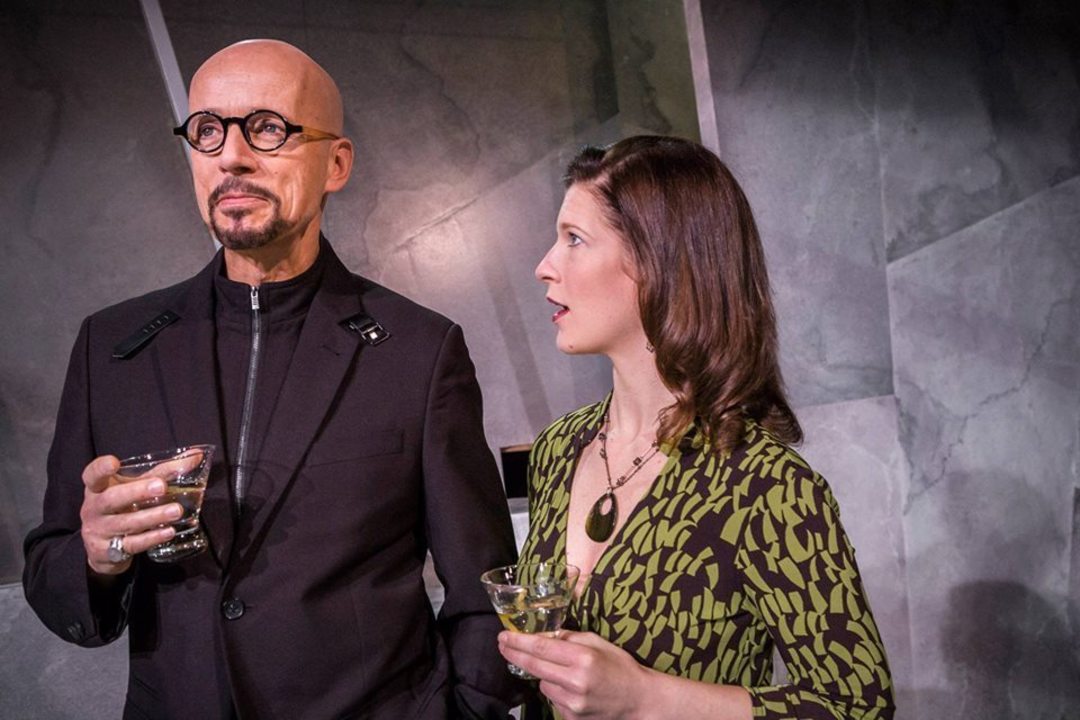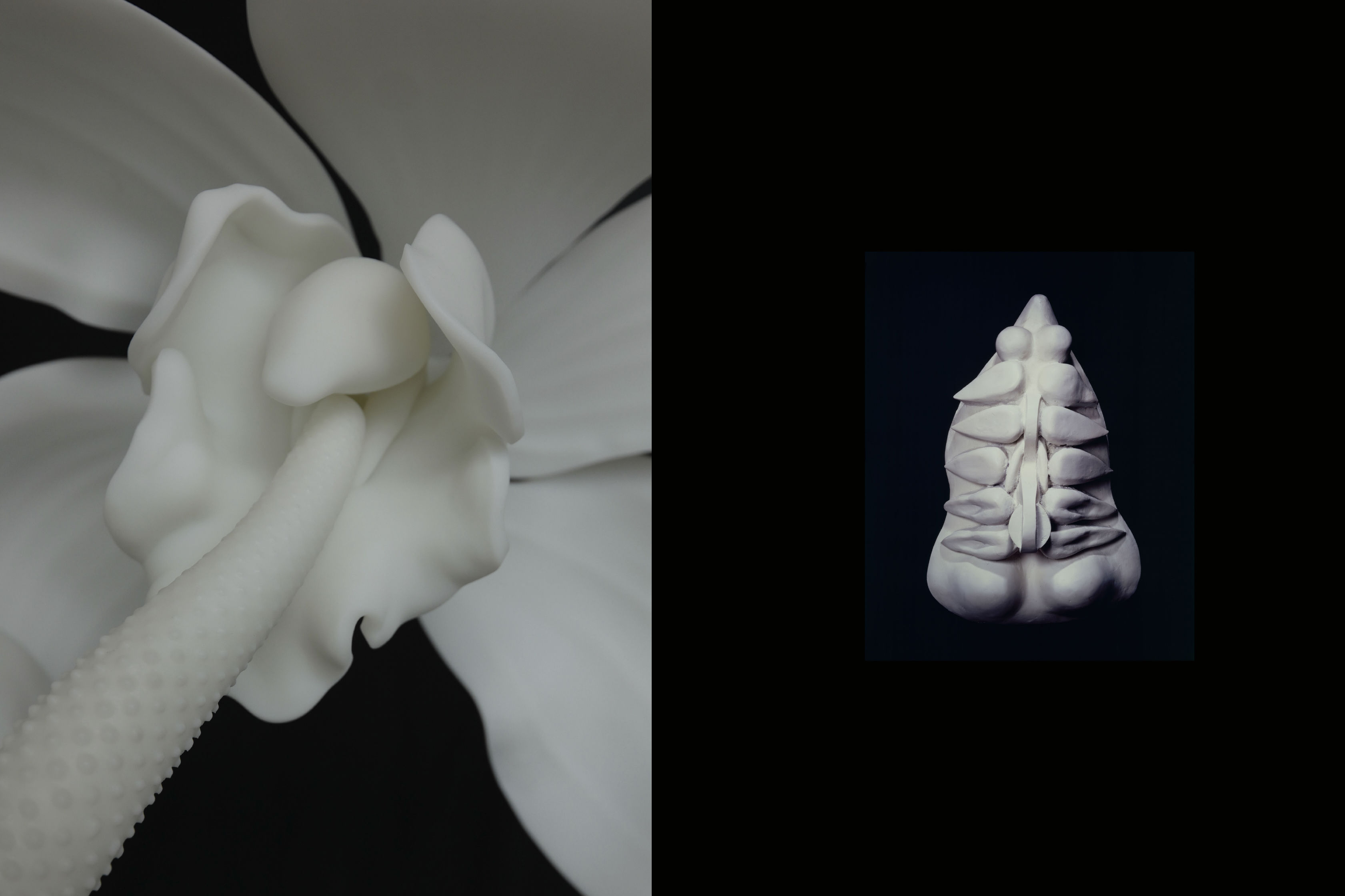Review: ART's "The Monster-Builder"

Michael Elich and Allison Tigard in Amy Freed's new play, "The Monster-Builder."
Image: Owen Cary
I should start by making it clear that I don’t know a damn thing about architecture. I was worried this might present a problem from the outset of Artists Rep's world premiere of The Monster-Builder, about a megalomaniacal architect who delights in replacing old, comfortable structures with gaping postmodern monstrosities. Pulitzer finalist Amy Freed’s script burns through references ranging from Zaha Hadid (the first female and Muslim winner of the Pritzker Prize—I had to look her up) to Franz Ehrlich (the Bauhaus architect who designed the gates to Buchenwald, I actually got this one!) without stopping for breath, threatening to leave the lay viewer feeling decidedly not in the know.
It quickly becomes clear, though, that The Monster-Builder isn’t really about architecture so much as it is about the cult of personality, the vacuousness of ambition and acclaim, and the uncomfortable marriage of form and function in high-concept art. In other words, it’s a play about the very idea of “being in the know”—about whether and to whom it’s important. In that sense, feeling left out heightens the audience’s appreciation for the ridiculousness of the artistic pretensions being skewered. This works in the play’s favor—at least for a bit.
But even with good acting, not to mention the able directorial hand of the nationally recognized Art Manke, you can only get so far with characters that never rise above caricature. Oregon Shakespeare Festival veteran Michael Elich nearly infuses the villain with the gravity of an Iago, but Freed’s Gregor Zubrowski is ultimately flat in his malevolence. It’s much the same for Allison Tigard’s Rita, a champion of socially conscious community space whose earnestness is so easily corrupted one has a hard time taking her seriously.
The Monster-Builder
Artists Repertory Theatre
Thru Mar 2
Of course, these characters are meant to be as absurd as the overwrought artistic philosophies they spout, and Manke and his cast embrace this exaggeration for some legitimately funny moments. One such scene finds Gregor, in what passes for a creative fervor, manipulating his lover’s limbs until he lights upon an idea for the Abu Dhabi Center for Justice and Interrogation that involves visitors entering through the building’s metaphorical backside. On the whole, though, roasting people who think they’re smarter than they really are only makes it more obvious that The Monster-Builder isn’t quite as funny as it thinks it is.
Ultimately, while the overblown parody provides some unexpectedly adventurous comedy, it also makes for a production that fails to satisfyingly address the many complicated themes to which it pays lip service. The dialogue is snappy, but both the architectural disputes and greater concerns to which the shop-talk is meant to provide voice seem irreparably muddled by characters who can’t seem to say much of anything. The plot twists and turns entertainingly, but the final scene comes off as so kitschy that, intentionally or not, it’s not clear if our would-be protagonists have really grappled with their issues, or just decided to ignore them. The play’s facade sparkles, but it doesn’t feel lived-in.




